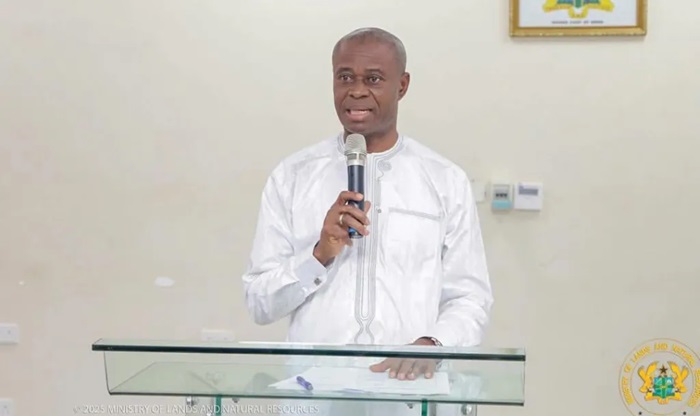- Government begins on-site registration of small-scale miners next week.
- The programme targets illegal mining and aims to formalize operations.
- A nationwide audit of mining licences will enforce compliance and discipline.
- Plans include value addition, environmental restoration, and digital oversight.
- The reforms prioritize community benefit, job creation, and sustainable development.
The government is set to begin on-site registration of small-scale miners next week under a new initiative aimed at formalising operations and curbing illegal mining. The programme, dubbed the Responsible Cooperative Mining and Skills Development Programme, will deploy teams directly into mining communities to capture miner details and integrate them into the formal system.
Announced at the Mining and Minerals Convention in Accra, the initiative marks a shift from centralized registration to a more inclusive, community-based approach. Officials say the move is part of broader reforms to make small-scale mining lawful, environmentally sustainable, and economically beneficial.
As part of the overhaul, the Ministry of Lands and Natural Resources will conduct a nationwide audit of mining licences. The review is expected to expose irregularities and enforce discipline through targeted sanctions. Authorities say the goal is to restore credibility to the licensing regime and ensure compliance with national laws.
Beyond regulation, the government is also pushing for value addition in the mineral sector. Plans are underway to reduce raw exports and promote downstream processing, with incentives for investors to build local facilities and mentor Ghanaian businesses. Officials believe this shift will unlock greater economic returns and create jobs across the value chain.
Environmental restoration is another key pillar of the reforms. Mined-out lands will be reclaimed and repurposed into agricultural zones and community assets, ensuring that mining towns benefit from long-term development.
To improve transparency, the government will introduce digital tools for equipment tracking, mineral traceability, and financial oversight. These technologies are expected to boost investor confidence and tighten monitoring across the sector.
The reforms aim to ensure that Ghana’s mineral wealth serves ordinary citizens — especially women, youth, and mining communities — and becomes a foundation for industrial growth and inclusive prosperity.

